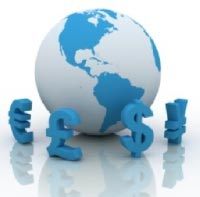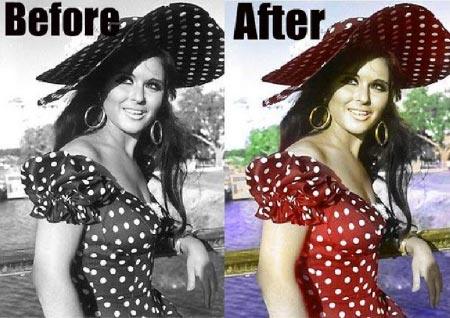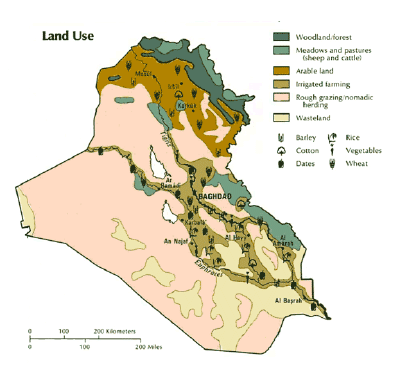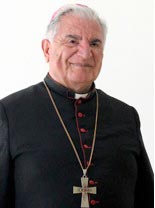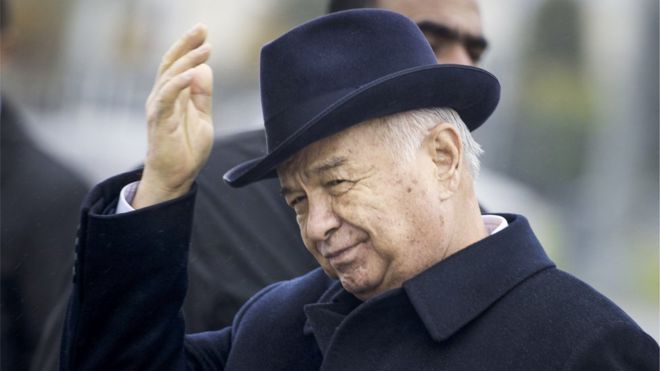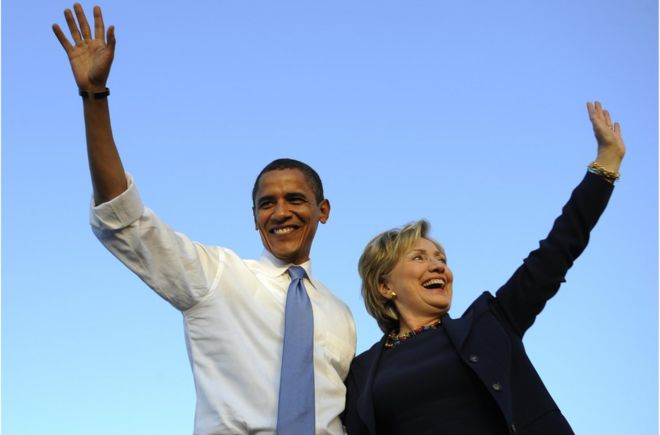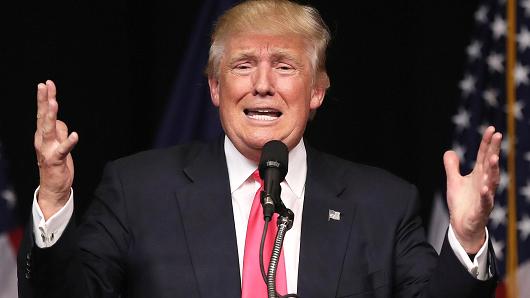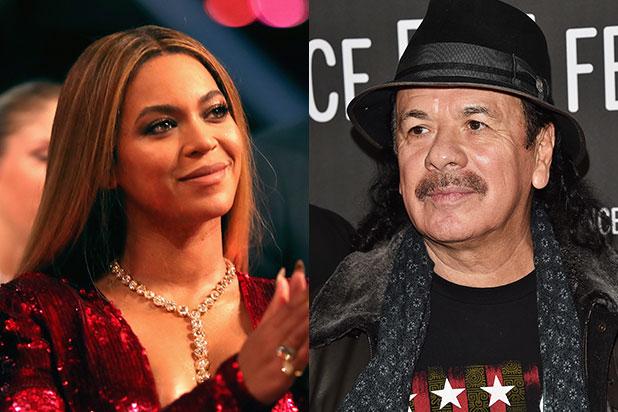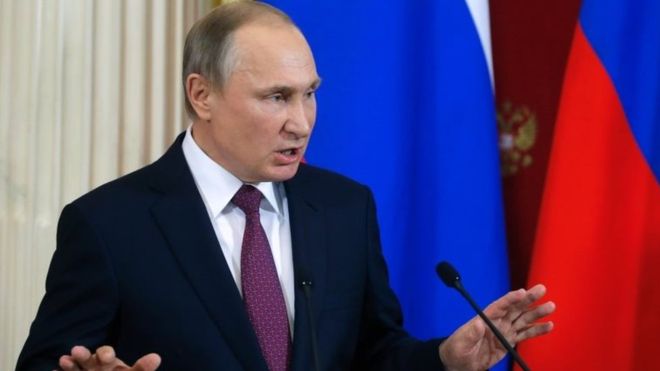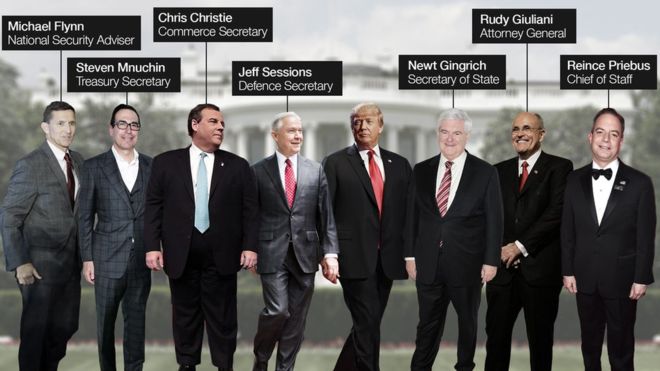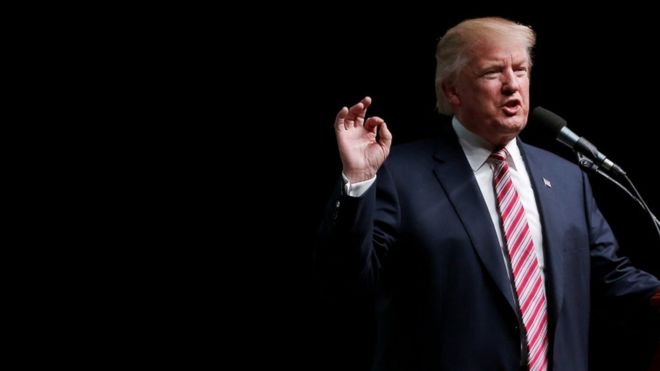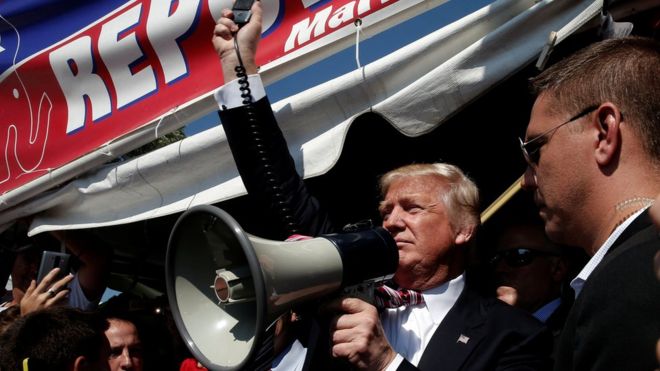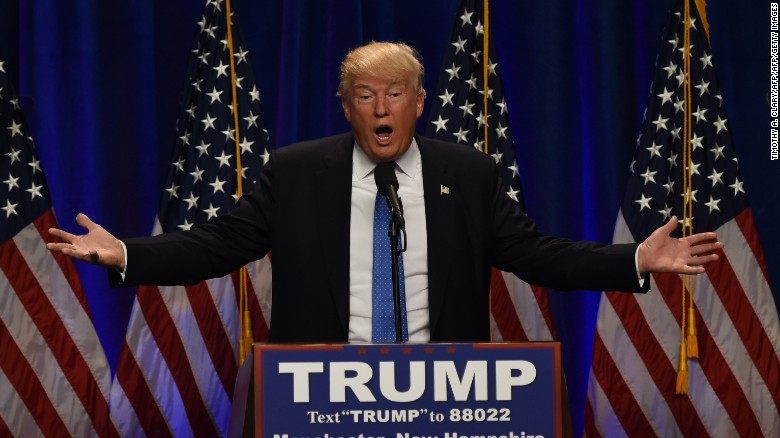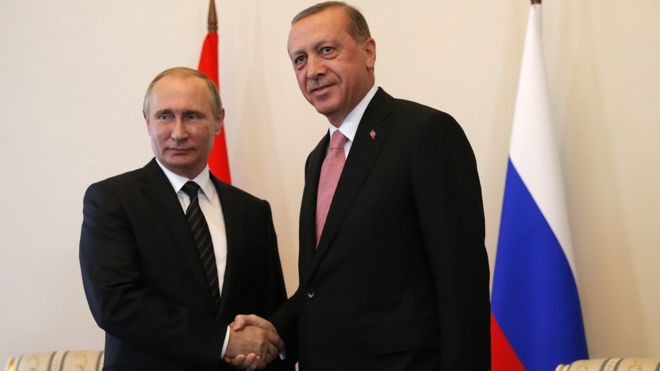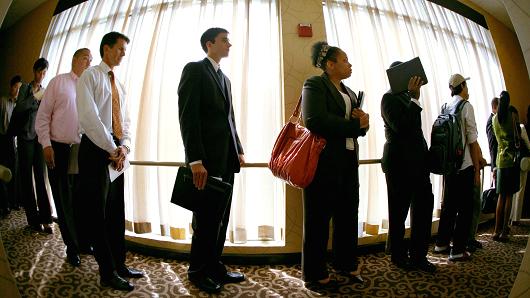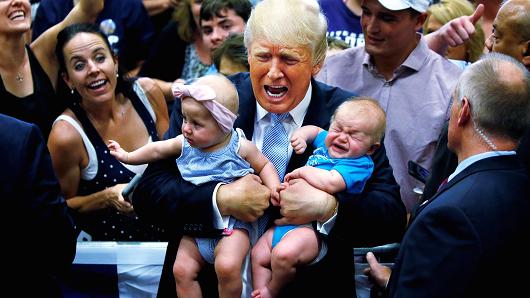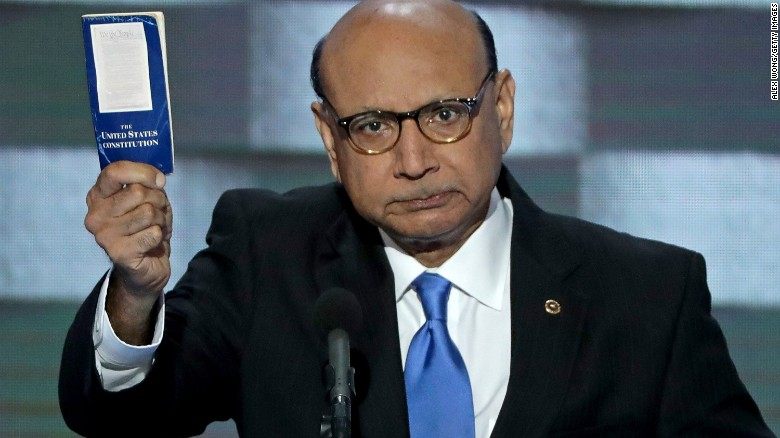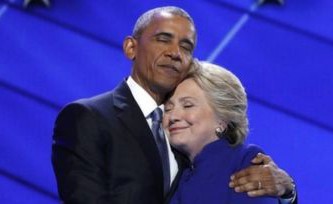Donald Trump has an opportunity to get his campaign back on track when he outlines his economic plan on Monday, following a bruising week, former GOP presidential candidate Steve Forbes said Monday.
Tom DiChristopher
Recent polls show Hillary Clinton leads Trump nationally and in some key battleground states following Trump's public dispute with the Muslim parents of a U.S. Army captain killed in action in Iraq.
Trump also clashed with his party's establishment, by refusing endorse Republican House Speaker Paul Ryan and Sen. John McCain. He relented on Friday during a campaign stop in Wisconsin, endorsing Ryan and McCain, as well as New Hampshire Sen. Kelly Ayotte, in their primary battles.
"If you saw him on Friday making that endorsement announcement, that was a chagrined man who finally realized his campaign's in trouble. If he doesn't change it, it's over," Forbes told CNBC's "Squawk Box."
Forbes, chairman and editor-in-chief of Forbes, said Trump's speech on Monday will come down to drawing a distinction between his tax-cutting initiatives and Clinton's plan to raise taxes.
"This gets to the whole heart of the campaign. It's third term [Obama administration] versus temperament. If it's about third term, he wins. If it's about temperament, she wins," he said.
Trump is expected to announce he would make child-care costs fully deductible. He is also expected to reiterate his support for cutting the corporate tax rate to 15 percent, rescinding estate taxes, and putting a moratorium on new regulations.
A Trump policy adviser told CNBC's John Harwood the speech would be a "vision proposal" and that details would come later.
On Monday, Trump economic adviser Dan Dimicco said the speech will focus on four main areas — taxation, regulatory reform, trade and energy. He said it will include new details.
"I think you're going to find out that it's a little bit more than just a straight visionary speech, but certainly it will be wrapped up in an overall vision of economic growth, and economic growth that's more than twice what we've been experiencing since 2009," Dimicco told "Squawk Box."
Tax policy analysts have awaited more detail on Trump's plan. An analysis earlier this year by the Tax Foundation found his initial proposal could result in a $10 trillion budget shortfall over 10 years.
Ahead of Monday's speech, a Trump tax adviser told USA Today the campaign had reduced the cost of the tax proposals to about a third of the $10 trillion estimate.
Forbes said people would ultimately focus on whether Trump's plan will stimulate growth, provide relief and pad Americans' paychecks.
Despite attempts to appeal to Republicans, Clinton has not yielded on her "left-wing, far Bernie Sanders-like economic program," according to Forbes.
"She wants increases on income taxes, estate taxes, business taxes, gun taxes, soda taxes — every kind of tax," he said.
According to Clinton's campaign page, she would impose a "fair share surcharge" on multimillionaires and billionaires. She would also raise the top estate tax rate to 45 percent and lower the exemption threshold to $3.5 million. She has pledged tax relief for working families.
A study from the nonpartisan Tax Policy Center found that Clinton's plan would raise taxes on the top 1 percent by an average of $78,000 per person while keeping taxes for the rest of Americans largely the same. Clinton has not committed to a gun tax, but has said the policy could help defray the medical and law enforcement costs of gun violence. Earlier this year, she endorsed a Philadelphia proposal to impose a tax on sugary drinks.












